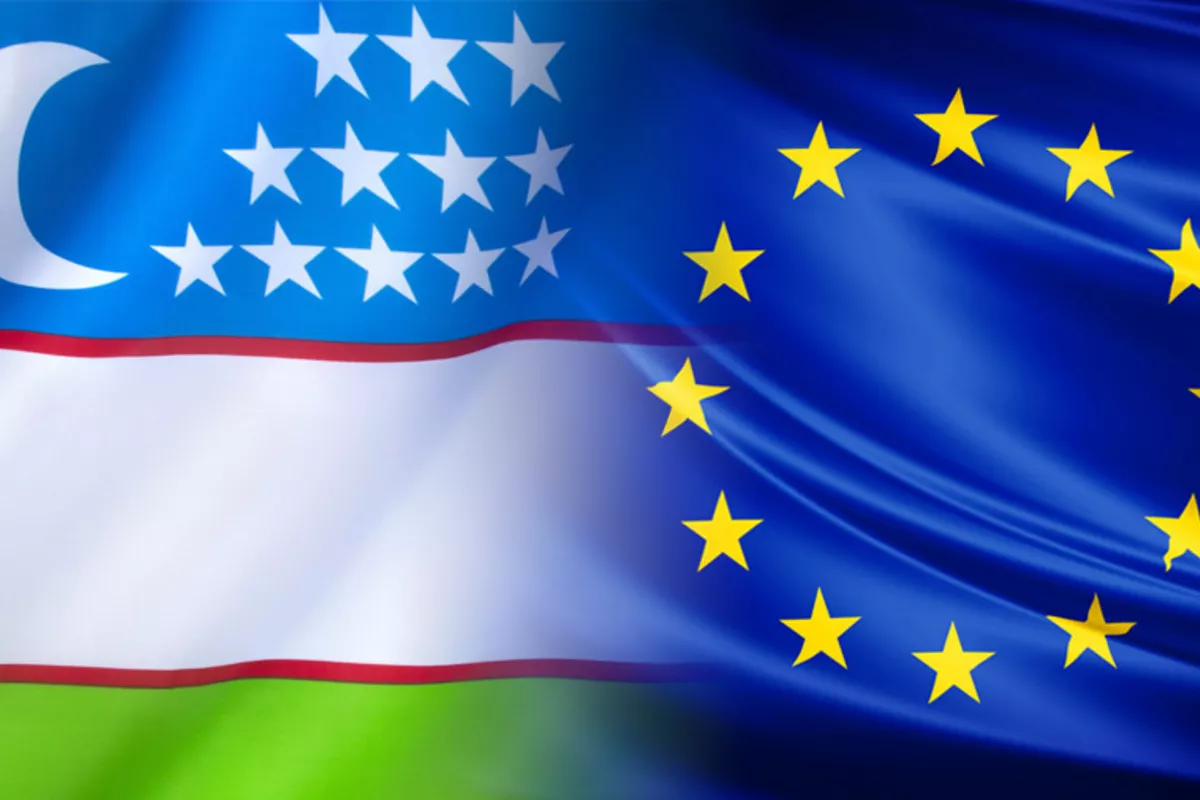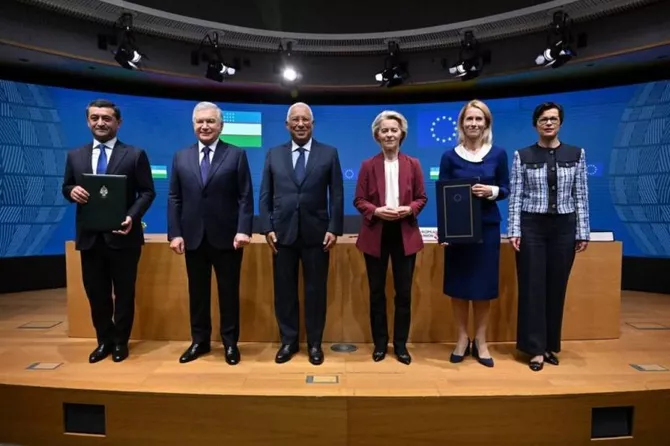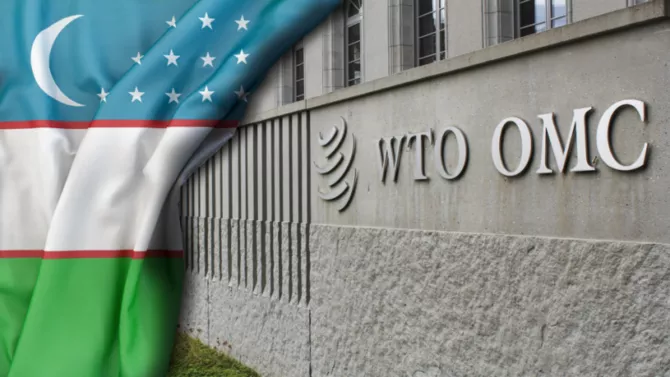
photo: EU Political Report
On October 24, Uzbekistan and the European Union (EU) formalized a landmark agreement - the Enhanced Partnership and Cooperation Agreement (EPCA). This historic deal is designed to strengthen collaboration in critical areas, including the supply of raw materials essential for the green and digital transition. In addition, the agreement provides a framework for cooperation in cybersecurity, counterterrorism, border security, and the prevention of hybrid threats. The European Commission described this as a significant deepening of Brussels’ ties with the region, elevating relations to a new level of strategic partnership, following the first EU-Central Asia (CA) Summit held in Samarkand in April.
At that summit, European Commission President Ursula von der Leyen highlighted the Central Asian region's strategically important location amidst new global geopolitical barriers, including the redistribution of spheres of influence. She noted that Central Asia could facilitate new global trade routes and investment flows. At the time, she unveiled a €12 billion Global Gateway package for Central Asia, focusing on critically important minerals, hydropower and climate initiatives, and satellite internet. Von der Leyen described this program as "the beginning of a new era in our ancient friendship."
Many analysts have positioned the Global Gateway as a counterbalance to China’s New Silk Road initiative. Regardless, the October 24 agreement between Tashkent and Brussels aligns seamlessly with the Samarkand accords. According to the EU, it establishes "a new legal basis for strengthening political dialogue and deepening cooperation in many mutually beneficial areas," including transport accessibility, education, the rule of law, and support for civil society. These measures are expected to bolster regional stability and security.

Photo: Uzbekistan President's Press Service
The agreement emphasizes improving regional transport accessibility through both the Global Gateway and the Trans-Caspian International Transport Router (TITR - Middle Corridor). In her remarks in Samarkand six months earlier, she stressed the importance of crossing Central Asian and South Caucasus borders to reach the Black Sea. Opening borders with Armenia, Türkiye, and Azerbaijan, she said, would significantly enhance connectivity, bringing Europe and Central Asia closer together.
Von der Leyen’s remarks underscore the strategic importance of the Middle Corridor. This context is reinforced by recent developments in Azerbaijan. On October 21, President Ilham Aliyev announced the removal of all cargo transit restrictions to Armenia that had existed since the occupation. This aligns with his repeated statements regarding the mandatory implementation of the TRIPP project (the "Trump Route" or Zangezur Corridor), considered an extension of the Middle Corridor. According to Aliyev, the operational TRIPP will increase cargo flows between Asia and Europe, further enhancing regional connectivity.
Von der Leyen’s statements following the Tashkent-Brussels agreement are thus far from spontaneous. They reaffirm the EU’s commitments made in Samarkand to deepen relations with Central Asian nations and signal their ongoing implementation by the European Union.
On the same day, October 24, Uzbekistan concluded bilateral negotiations with the EU on its World Trade Organization (WTO) accession, marking the 31st party with which Tashkent has completed such negotiations.

Photo: Shutterstock
In the lead-up to the signing, the Uzbek delegation participated in the 2nd EU Global Gateway Forum, which coincided with a major joint business forum. The delegation also met with leaders of top European companies and financial institutions. These interactions resulted in agreements on new projects worth over €10 billion in sectors including energy, chemicals, critical minerals, logistics, textiles, and pharmaceuticals. This significantly adds to the existing €40 billion portfolio of projects with European companies.
The historic agreement has been hailed by EU officials. Kaja Kallas, High Representative of the European Union for Foreign Affairs and Security Policy, described the EPCA as opening a new chapter in EU-Uzbekistan relations and a substantial step forward in political and trade ties. She emphasized that the agreement will allow both sides to build a stronger partnership through joint efforts. Renata Vrubel, Deputy Head of the EU Delegation to Uzbekistan, expressed hope that the agreement will attract increased investment to Uzbekistan and expand opportunities for Tashkent to export domestically produced goods to the EU market.
In sum, the EPCA represents a decisive step in deepening EU-Uzbekistan cooperation across strategic, economic, and social dimensions, creating a foundation for long-term regional stability and mutual growth.
Share on social media